What was predicted but not expected happened. In the early morning of October 26, Israel launched an air strike on several military targets in the capital Tehran and several cities in Iran. Israel’s retaliatory attack had some notable points and raised many questions.
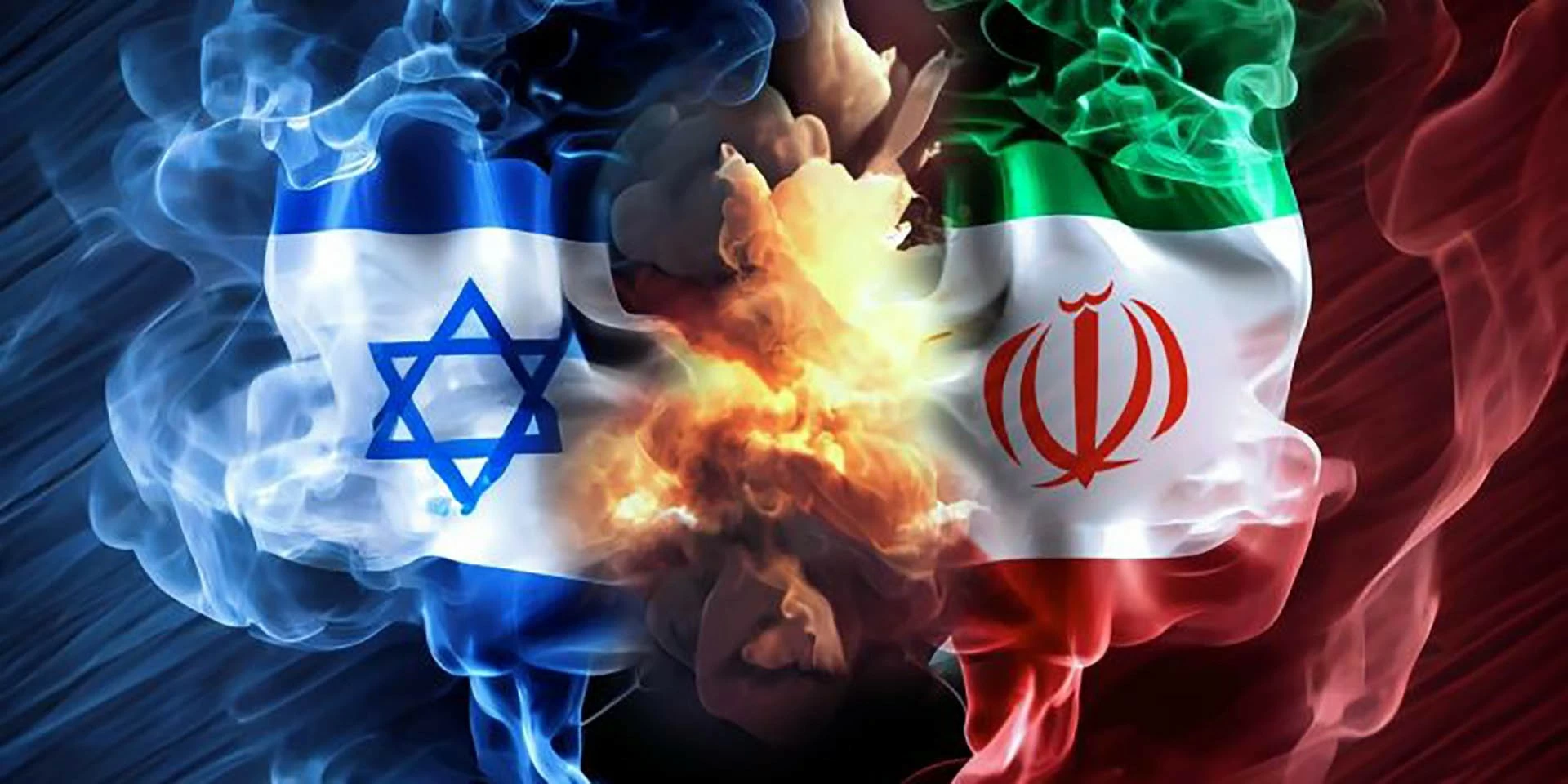 |
| Tit-for-tat airstrikes between Israel and Iran are always carefully calculated. (Source: Al Jazeera) |
Points to note
First, the attack was 25 days after Iran's October 1 raid. This shows that Tel Aviv calculated and prepared carefully in many aspects, consulting the US on the plan, scale, target, timing of the attack and practicing the drill. Israel also needs time to create public opinion, gain international and domestic support, especially in the face of reactions to the expansion of the scope and scale of the attack in Lebanon, including on the UN peacekeeping and relief forces, causing civilian casualties.
Therefore, the timing of the retaliatory attack did not take place a few days after the Iranian attack, but also not too long, close to or after the US presidential election. There is public opinion that Israel delayed the retaliation because top secret US intelligence documents related to the attack plan were leaked online. The incident was quite surprising, leading to different speculations. This information was neither acknowledged nor denied.
Second, Tel Aviv used more than a hundred advanced aircraft, including the stealth F-35, in a raid that lasted about three hours, targeting important military targets such as missile defense systems, missile production facilities, and missile and drone launch bases in Tehran.
The retaliation was strong enough to cause damage to the enemy, demonstrating the power of deterrence, proving that Israel can attack more strongly on all necessary targets. However, it was not as terrible as some feared that Tel Aviv would attack and destroy Tehran's nuclear and oil facilities, military and economic symbols. Israel's actual actions and statements showed that they attacked with just enough retaliation, while also opening a "way back" for Iran.
Third, the media reported conflicting information about the attack. Israeli Prime Minister Benjamin Netanyahu claimed that the airstrike was “precise and powerful,” “hit all targets,” and caused serious damage that made it difficult for Iran to continue its attack. The Israeli military said it destroyed four to five S-300 defense systems, encountered no significant resistance, and that the planes returned safely.
On the contrary, Iran believes that the scale of the attack was not as large as Israel claimed, that they fought back effectively and suffered insignificant losses. There are opinions (unverified) that Tel Aviv intentionally “leaked” information about the attack to Tehran! Conflicting information is common in the media war, all with a purpose for calculations and subsequent reactions.
Explanation and prediction
It can be said that Israel's moderate retaliation has achieved its basic purpose and goal. Currently, Israel still wants to avoid a full-scale confrontation with Iran because of the unpredictable consequences, in order to focus its strength on thoroughly dealing with Hamas, Hezbollah, and Houthi forces. These organizations are suffering serious losses and their ability to support and aid from Iran is much weakened.
The situation is favorable to Israel. Once the proxy forces have been pacified, Iran’s “wings” have been cut off, and returning to the conflict to weaken and eliminate the influence of the opponent, redrawing the political and security map in the Middle East, it is not too late and will cause the least damage.
The US is a very important factor in Israel's "moderation" in this response. Washington firmly supports Tel Aviv, deploying the advanced THAAD missile defense system and 100 soldiers to Israel. On the other hand, they advise Tel Aviv not to attack Tehran's nuclear and oil facilities, avoiding dragging the Middle East into a spiral of all-out, uncontrollable war.
If a full-scale war breaks out, it would mean the failure of America's Middle East strategy. Washington would face more difficulties as tensions escalate simultaneously in Ukraine and the Korean peninsula, causing great disadvantage to the Democratic Party as the election day approaches.
The situation puts Iran in a dilemma, a difficult choice. Responding immediately will escalate tensions, risking a full-scale war in which Tehran is at a disadvantage both militarily and economically. Without appropriate action, Iran's position will weaken, losing its role in the "axis of resistance" and in the region.
This was reflected in the statement of Iran’s Supreme Leader Ali Khamenei: the crimes committed by Israel on October 26 should not be downplayed or exaggerated; it is necessary to demonstrate strength to the opponent. At the same time, he directed the government and the army to determine “what needs to be done for the best interests of the people and the country”. The viewpoint is somewhat more moderate than the usual toughness.
From the above moves, it can be predicted that Iran will not retaliate strongly immediately after Israel's attack. If there is a reaction, it will be at an acceptable level at the right time. The best option for Tehran is to continue supporting the "resistance axis" to strengthen its forces and maintain military operations, causing Tel Aviv to be in a state of insecurity and having to deploy troops to deal with it on many fronts.
That means the scenario of direct military confrontation between the two powerful forces, leading to a full-scale war in the Middle East, is unlikely to happen. However, the region remains tense. Israel continues to fight fiercely in Lebanon, the Gaza Strip, and may expand to Yemen and Syria; Hezbollah and Hamas are still looking for ways to counterattack; the risk of conflict escalation remains latent.
Strong deterrence from all sides, positive reactions from international public opinion, and diplomatic efforts with a balanced, comprehensive approach have somewhat restrained the outbreak of a full-scale war, but the Middle East issue is far from being fundamentally and thoroughly resolved.
Source: https://baoquocte.vn/israel-iran-tra-dua-trong-tinh-toan-292037.html







![[Photo] Visiting Cu Chi Tunnels - a heroic underground feat](https://vstatic.vietnam.vn/vietnam/resource/IMAGE/2025/4/8/06cb489403514b878768dd7262daba0b)
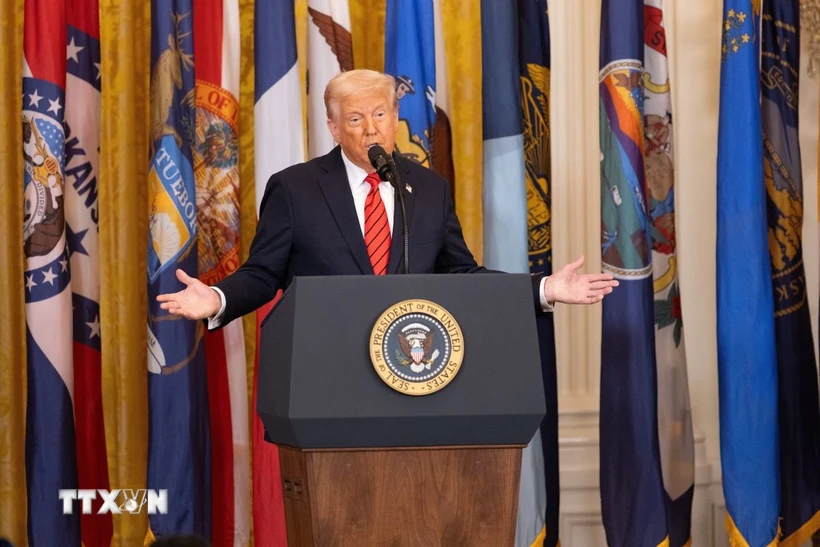

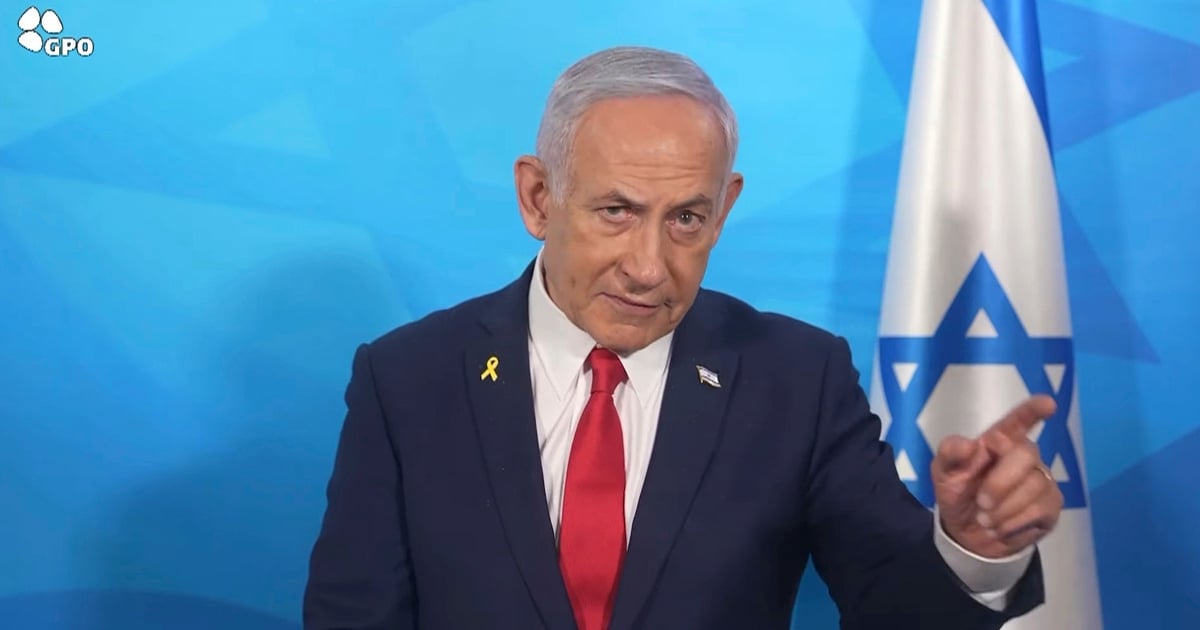

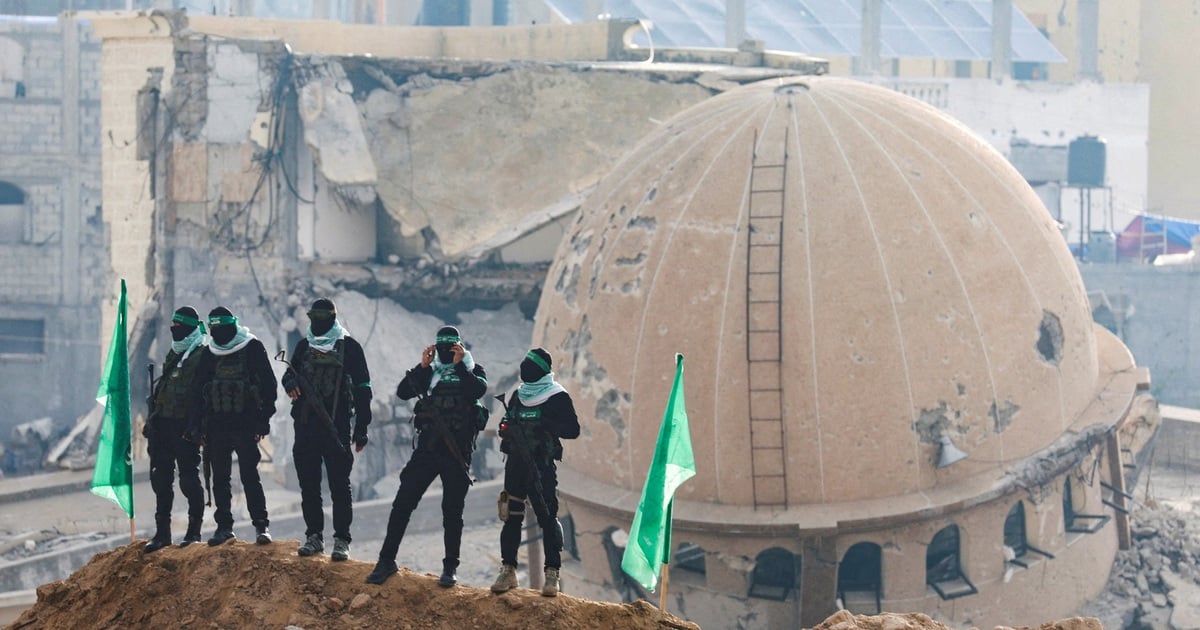
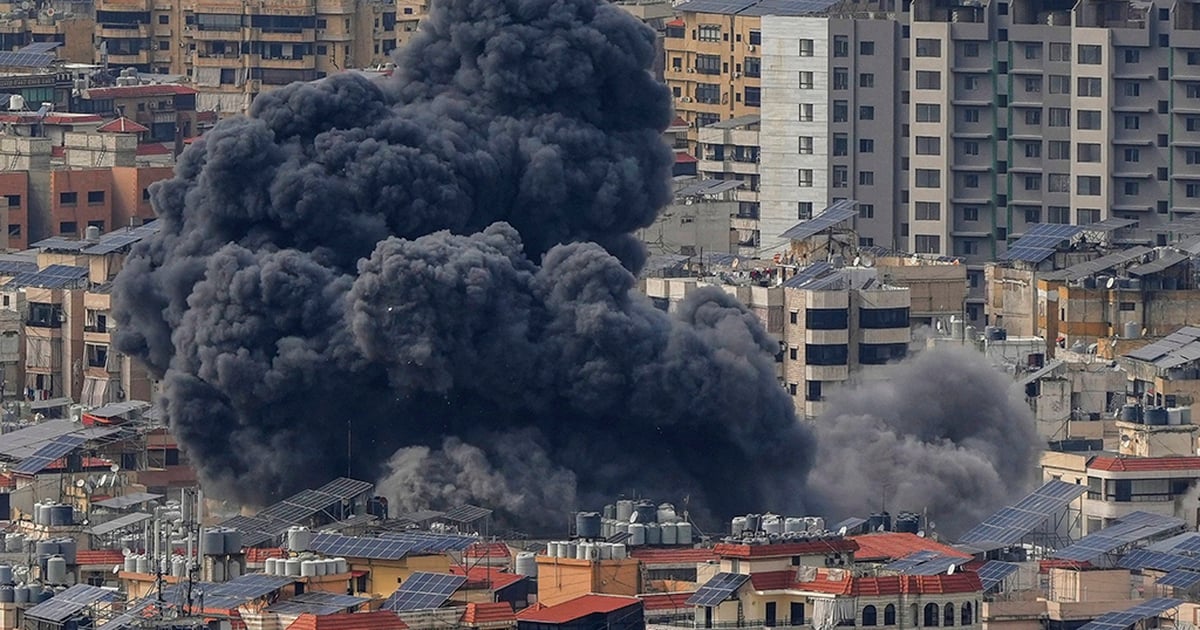
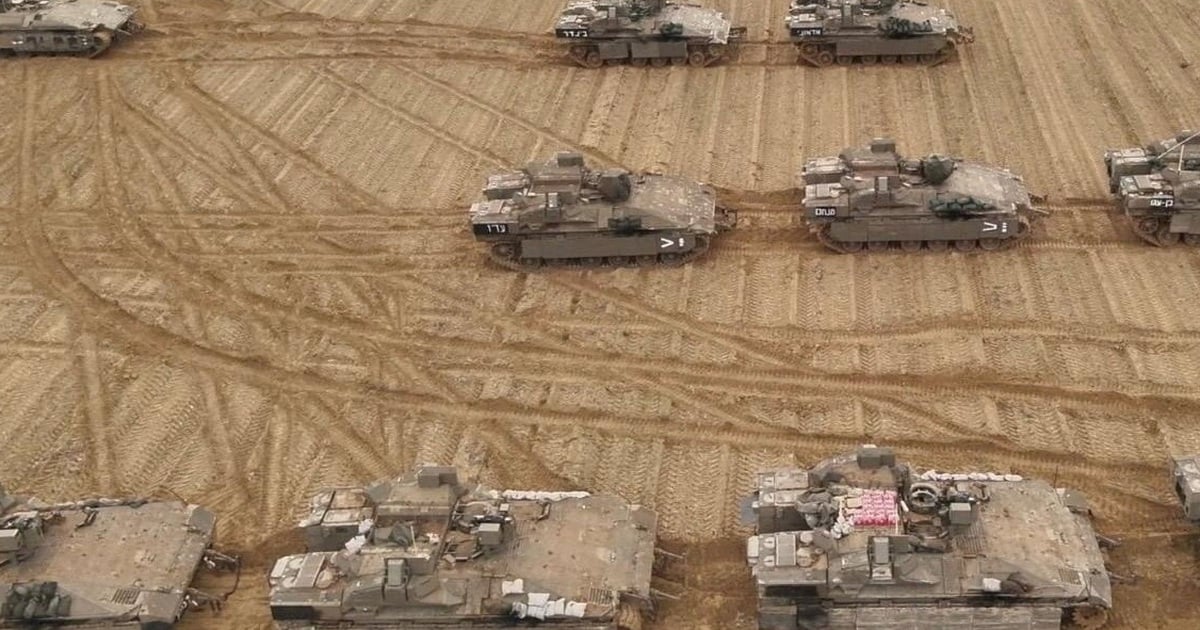
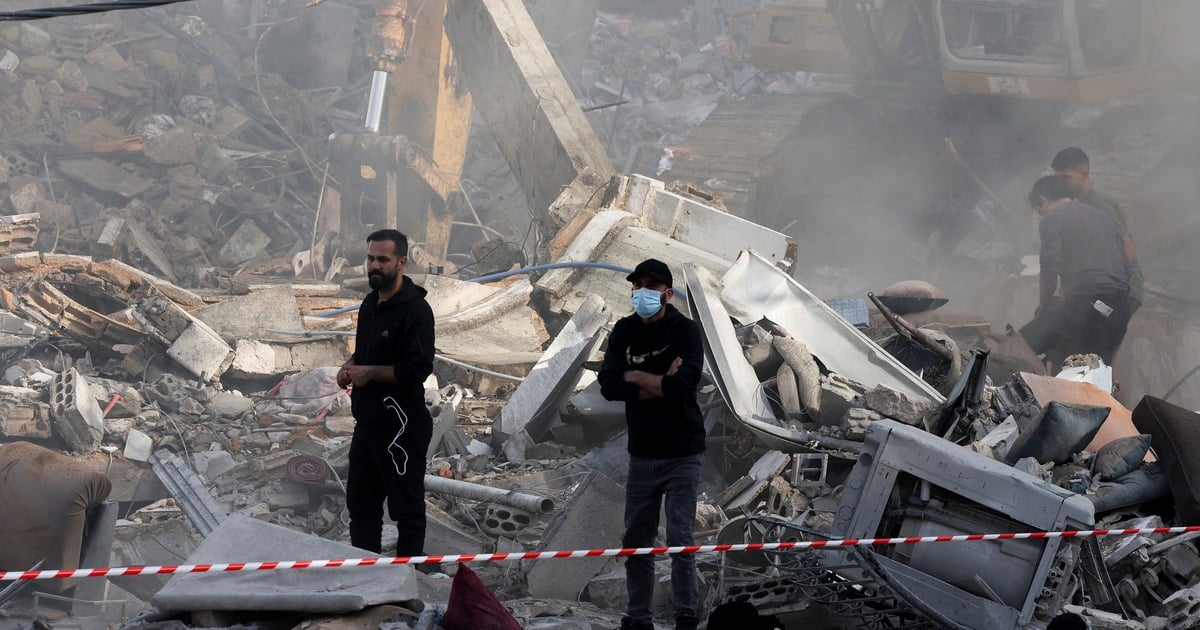

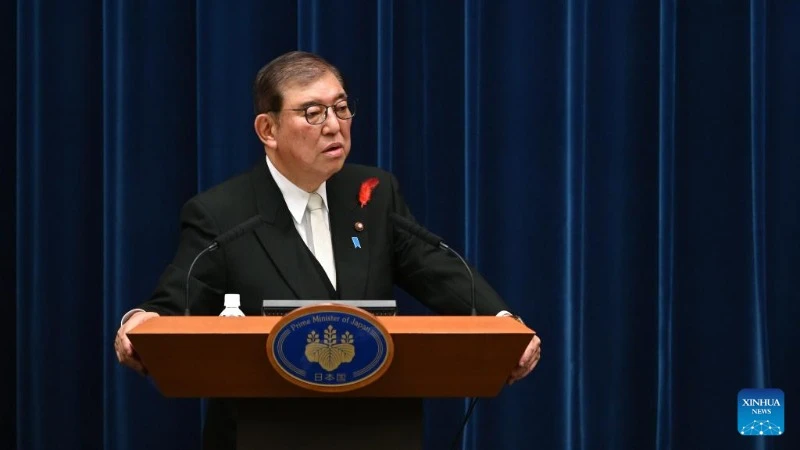

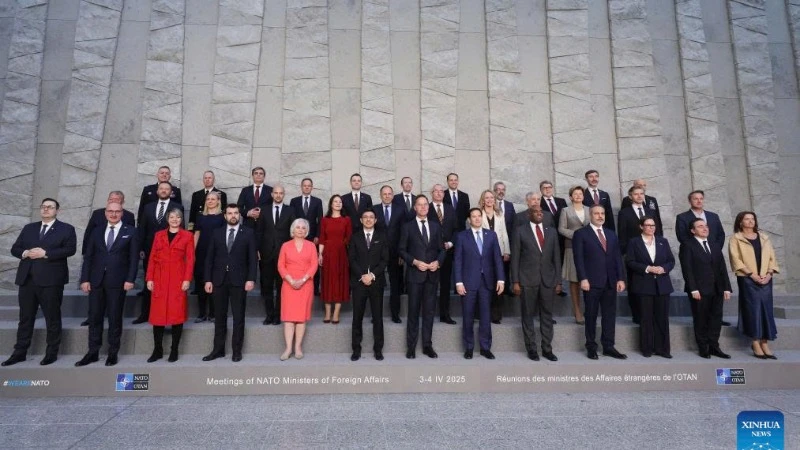





















































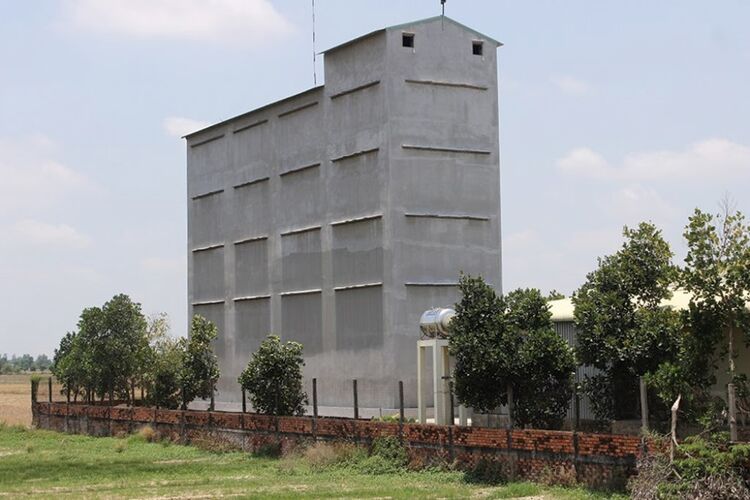

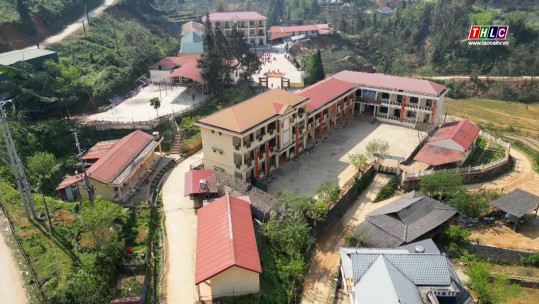













Comment (0)